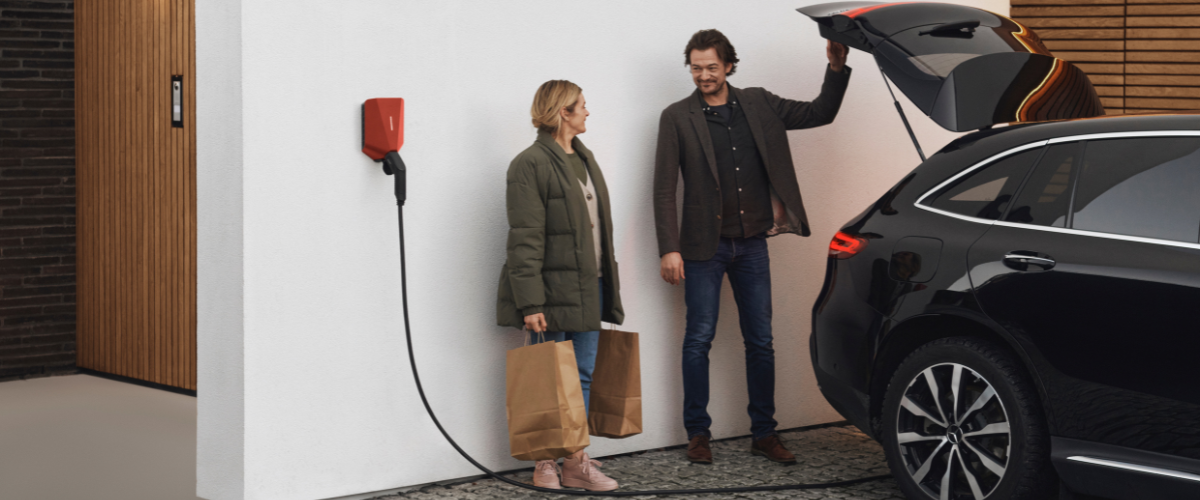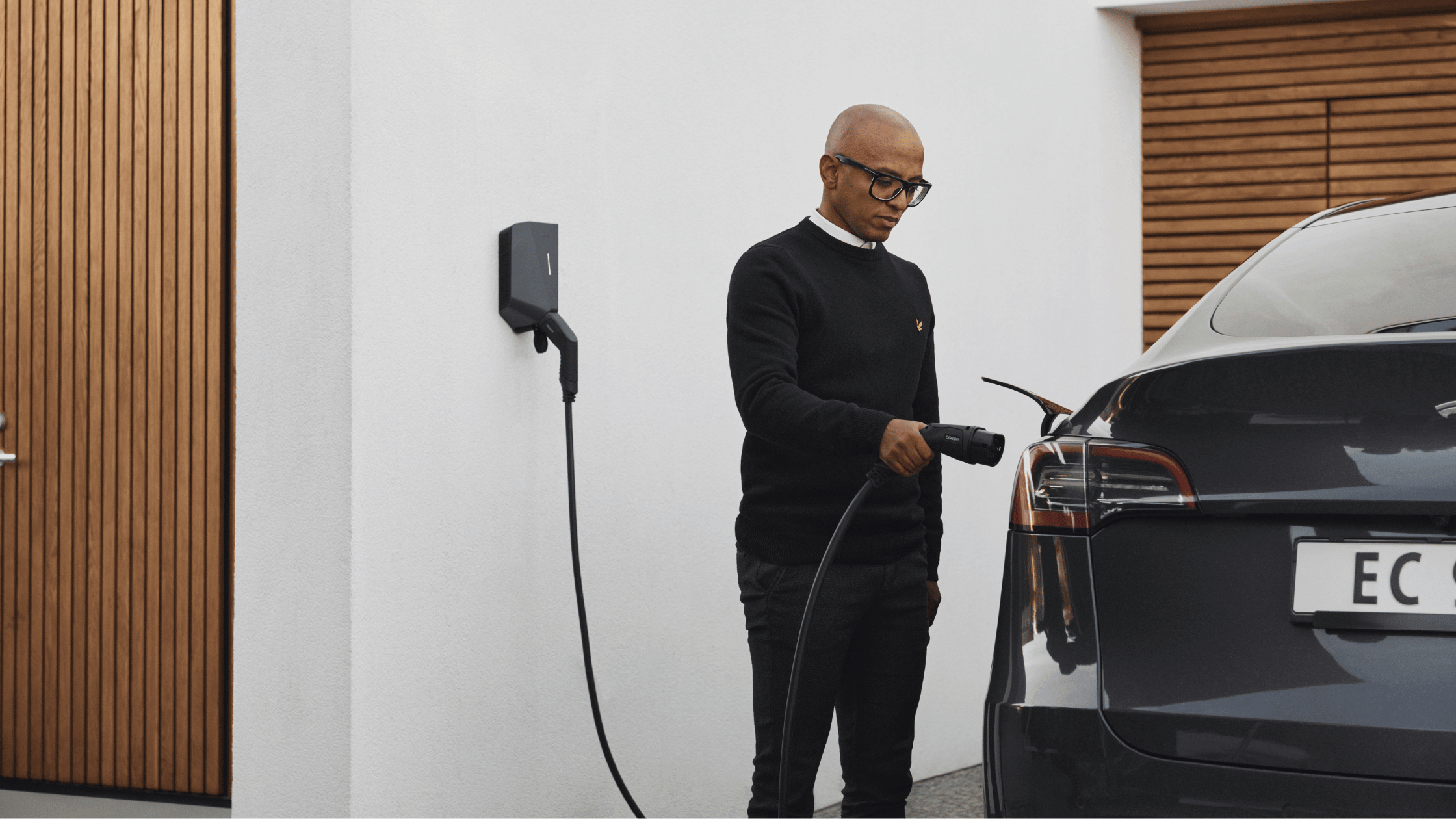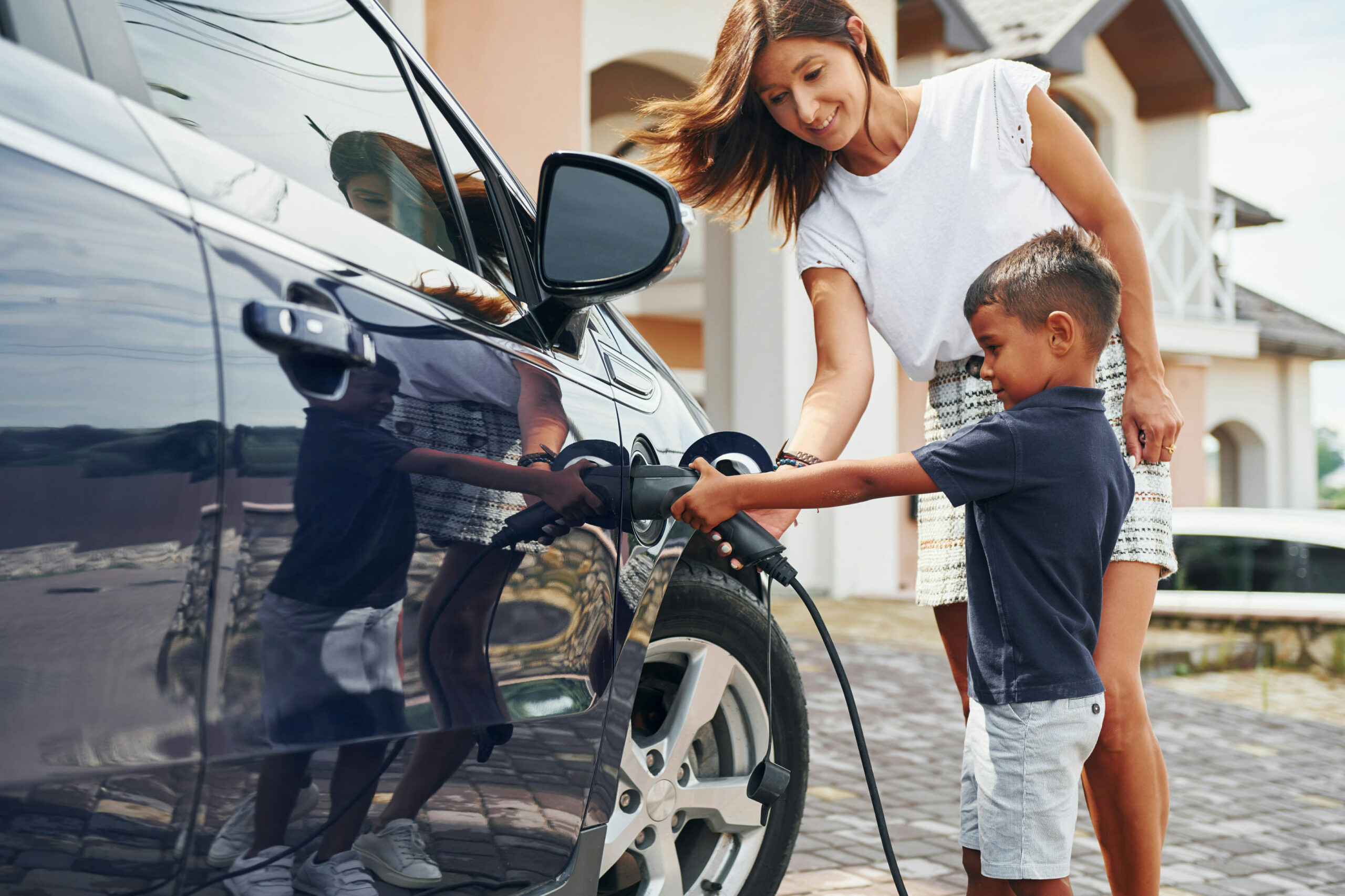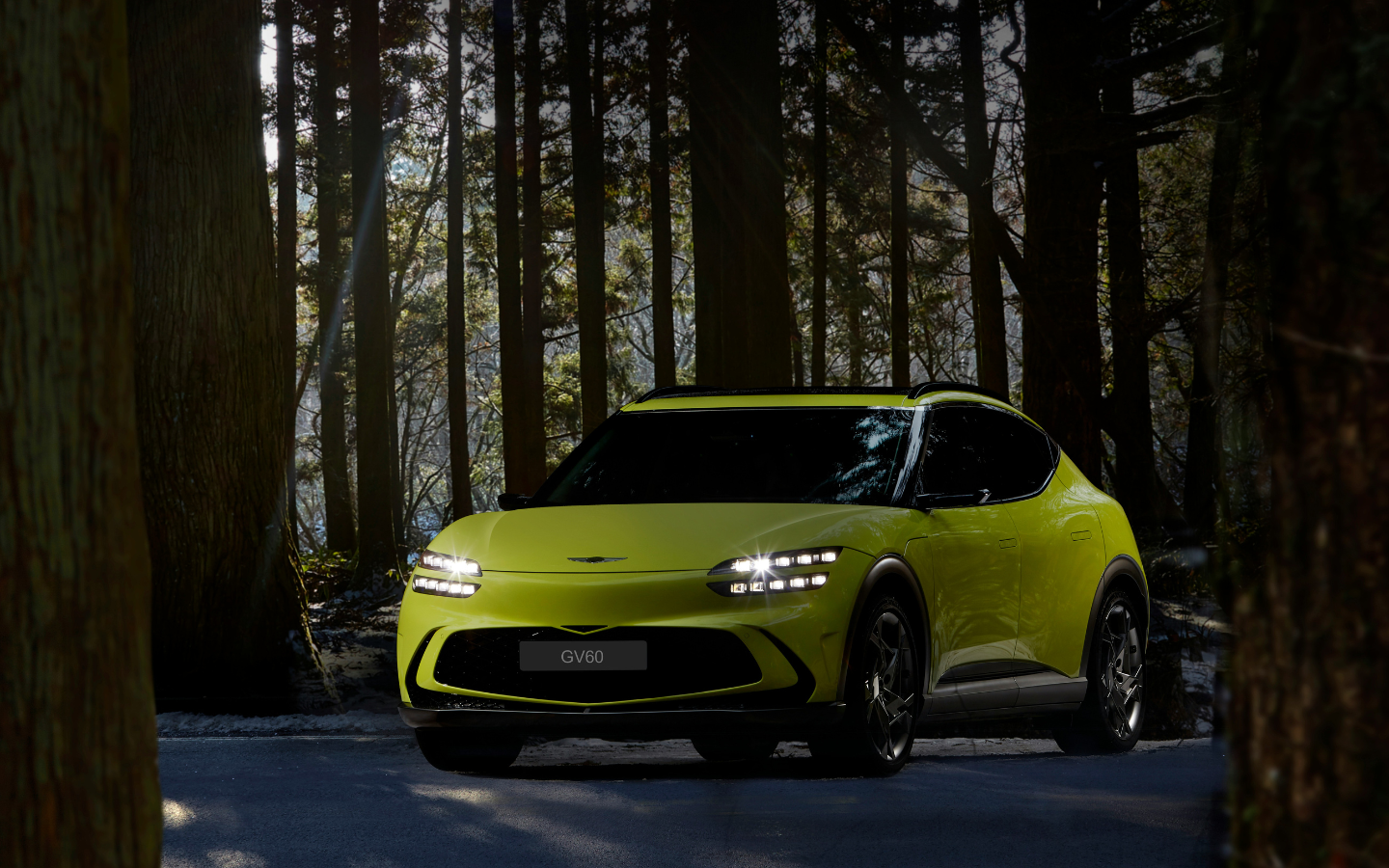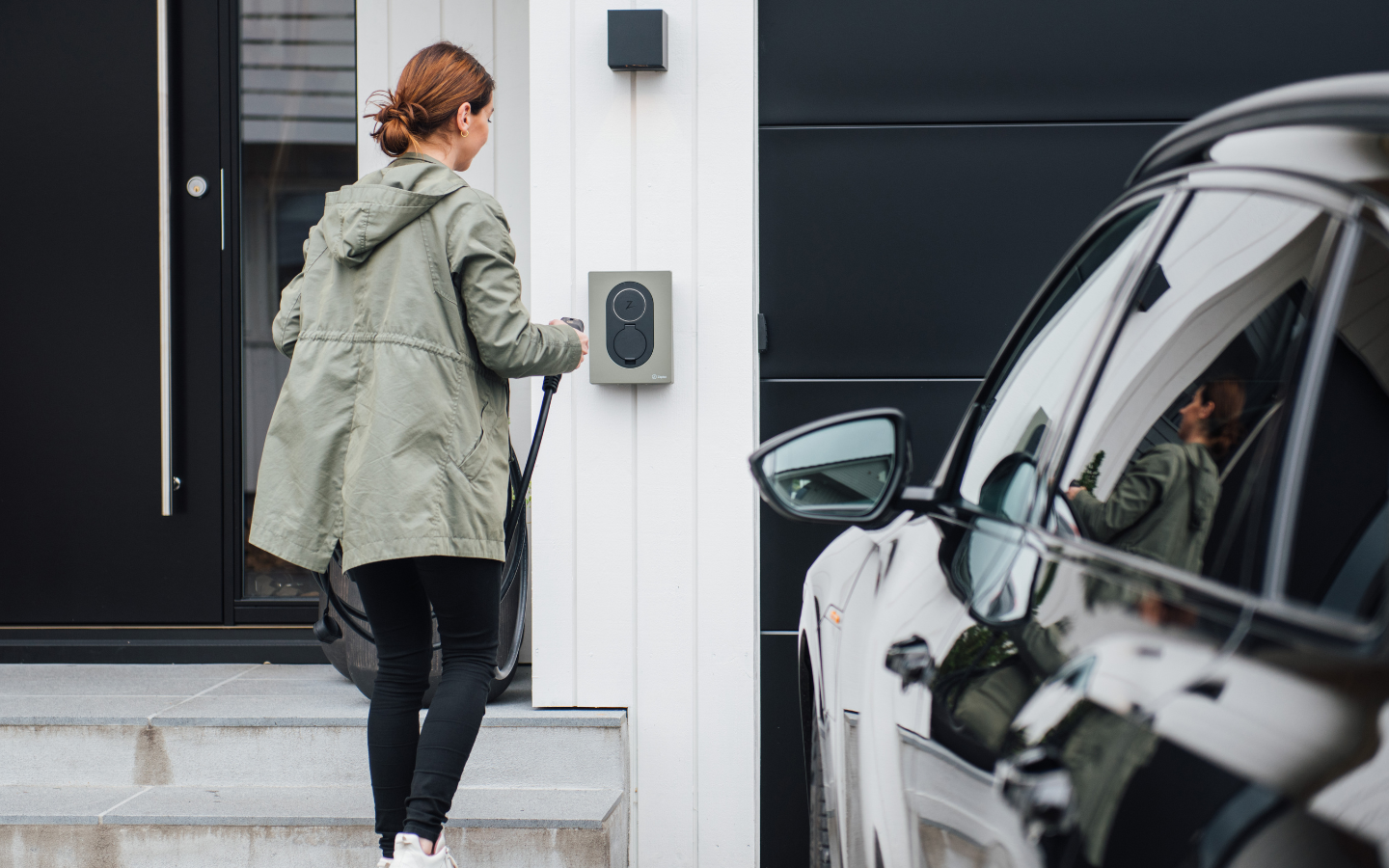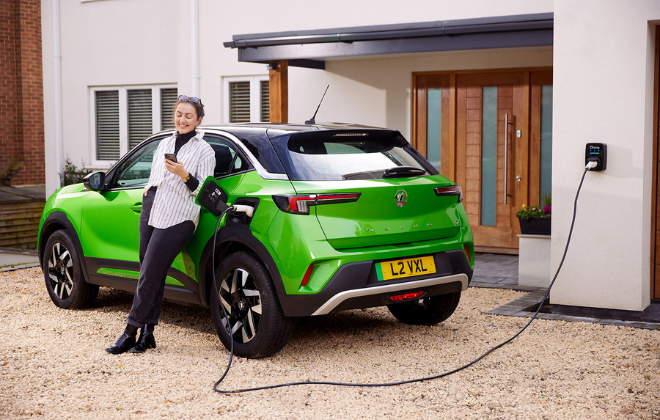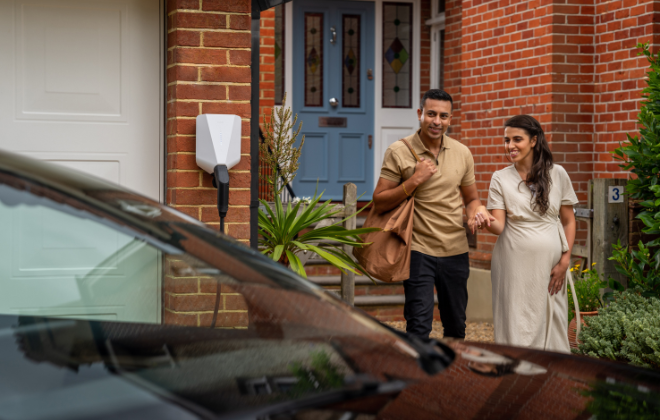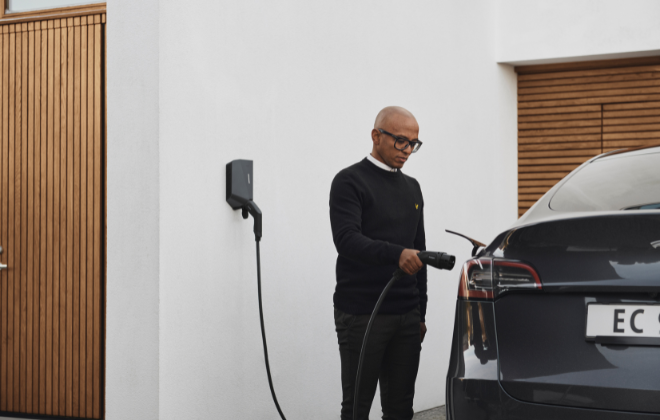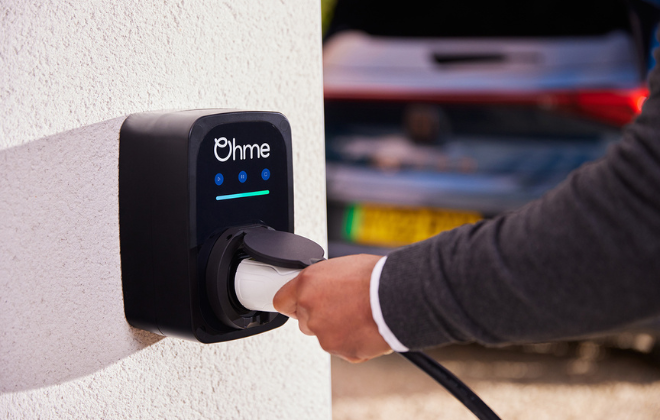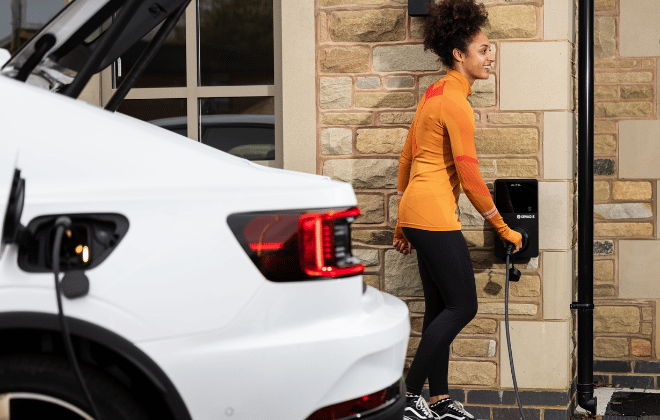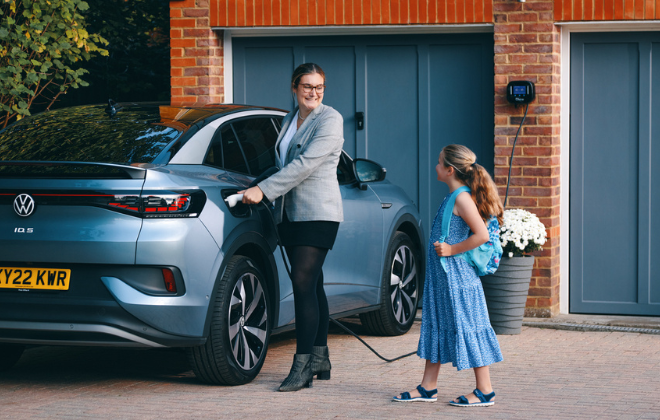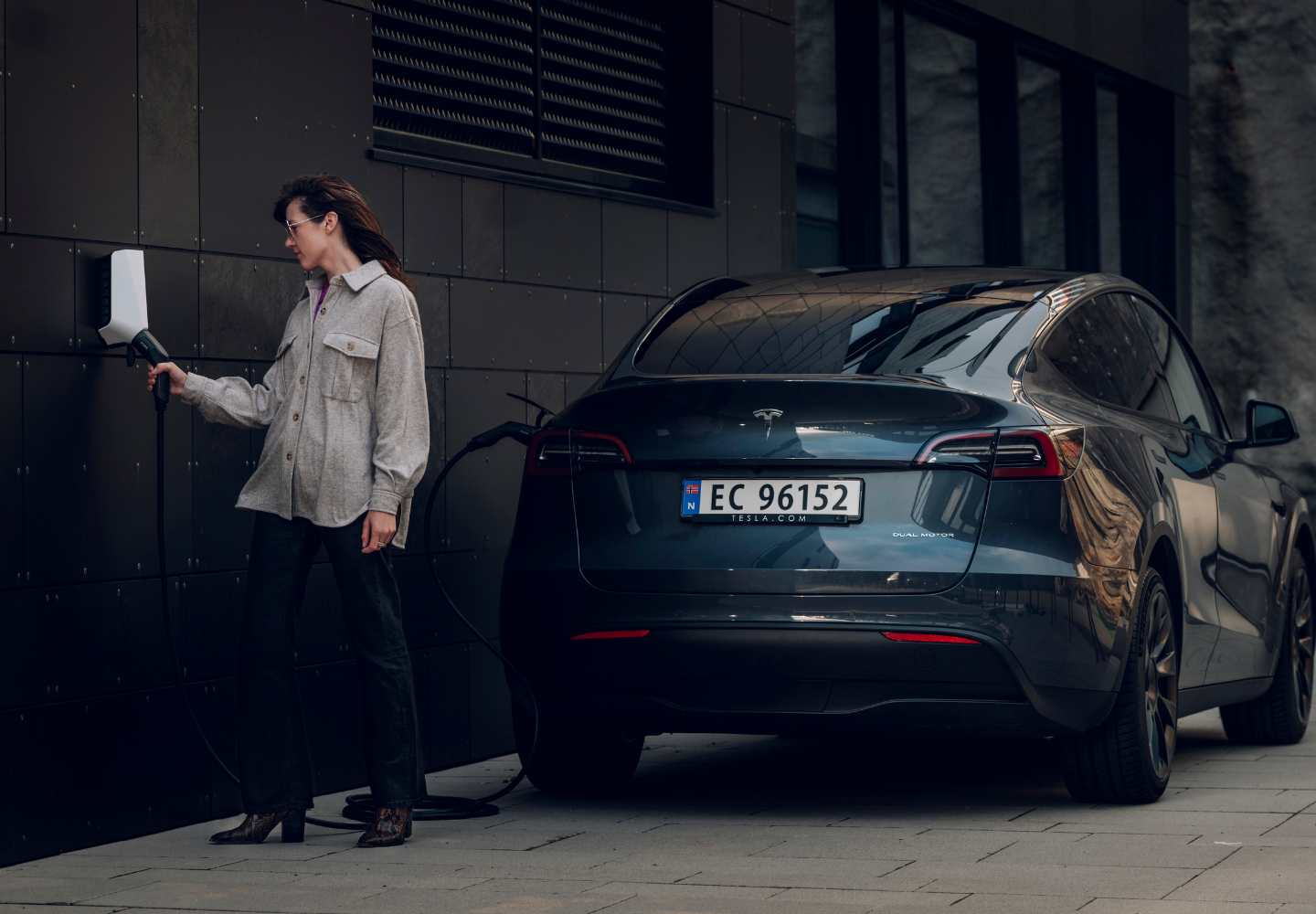

How fast is a 22kW EV Charger?
How fast is a 22kW EV charger? A guide to 22kW EV charging
A 22kW home EV charger is considered a fast charger due to its high power output of 22 kilowatts, and is the fastest EV charger you can have installed at home (on a three-phase electricity supply).
However, there are key differences between AC 22kW home EV chargers and DC public 22kW chargers – meaning not all EVs can take advantage of the 22-kilowatt-an-hour charging rate at home.
If you’ve ever wondered about the speed and capabilities of a 22kW EV charger, keep reading to learn everything you need to know about 22kW charging as we answer how fast is a 22kW EV charger?
Can I get a 22kW EV charger at home?
Technically yes, you can get a 22kW EV charger at home – but you will need a three-phase electricity supply at home to take advantage of the 22kW power outlet. If a 22kW home charger is installed on a single-phase electricity supply, your electric car will only charge at 7kW, even if a 22kW charger is installed.
How long does a 22kW EV charger take to charge an electric car?
A 22kW EV charger is three times faster than a 7kW EV charger and six times faster than a 3-pin plug charger, adding 37-50 miles of range per hour. In turn, a 22kW charger can fully charge your electric car in approximately 3-4 hours and 1-2 hours to top up.
That said, the time it takes to charge an electric vehicle with a 22kW EV charger can be influenced by external factors, including battery capacity, weather conditions, and the state of charge of the EV battery when charging commences.
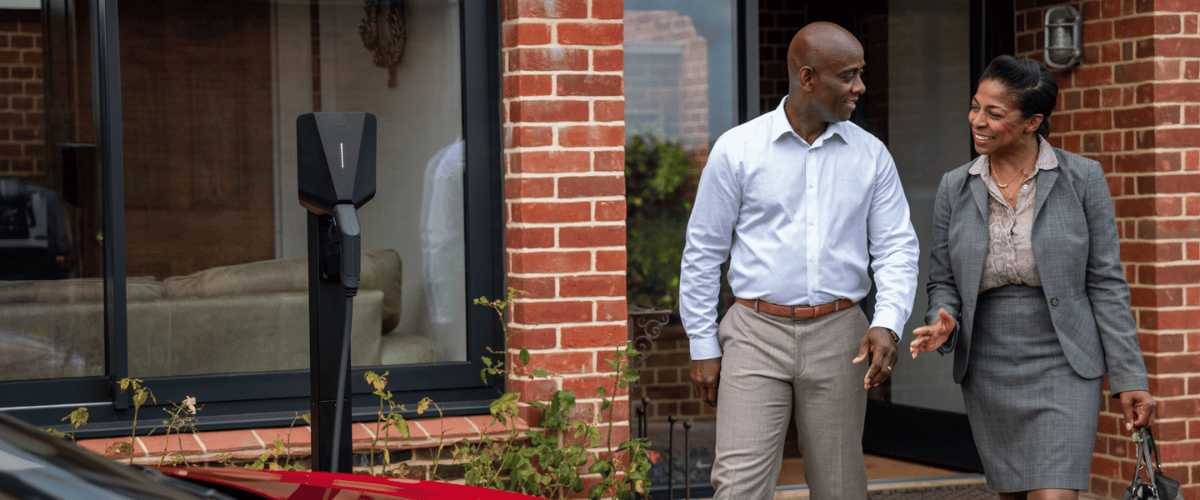
Are 22kW EV chargers AC or DC?
Both 22kW AC EV chargers and DC 22kW EV chargers exist. You’ll find AC 22kW EV chargers at home (although not as common as 7kW) or, more typically, at certain public charging locations. Meanwhile, 22kW DC EV chargers are usually only found in public spots, most notably at supermarkets, hotels and restaurants.
Any electric vehicle can use a 22kW DC EV charger, but unfortunately, not all electric vehicles can charge with a 22kW AC charger. Why? Because when it comes to discussing 22kW EV charging, it’s important to note that the charging speed of a 22kW EV charger is influenced by the vehicle’s onboard charger capabilities.
While most EVs on the UK market today with a maximum onboard charging rate of 7kW (or, more specifically, 7.2kW or 7.4kW), some, like the Tesla Model 3, have unique charging power at a rate of 11kW. However, a typical electric car will have a maximum AC charging rate of approximately 7kW, meaning you won’t charge any faster with a 22kW car charger.
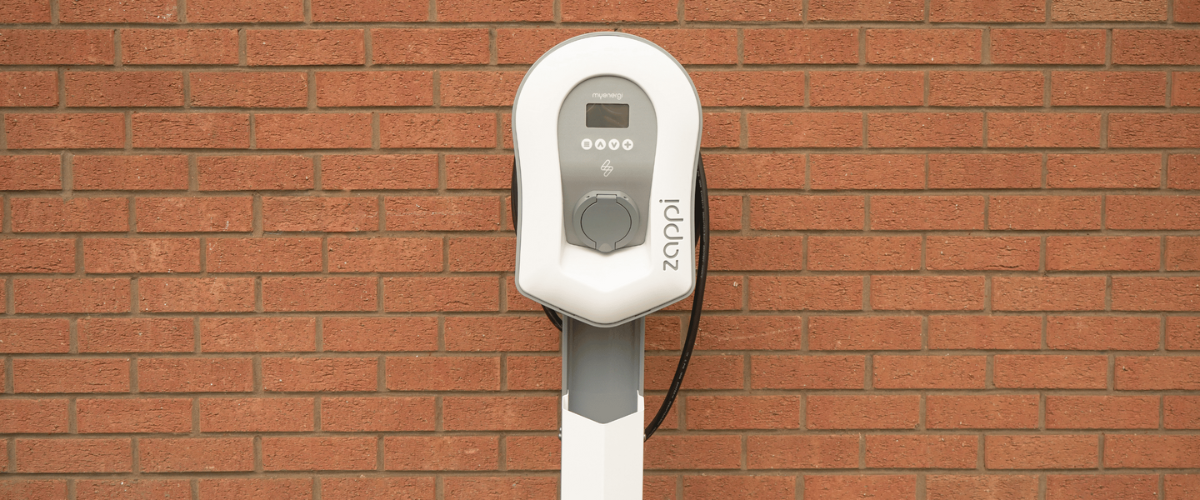
Is 22kW fast charging?
Yes, 22kW EV charging is considered fast EV charging – as is charging your electric car with a 7kW charger.
In short, slow charging is charging at rates of 2kW/3kW and is found with three-pin plug EV chargers. On the other hand, rapid charging is typically for charging at rates of 43-50kW, and ultra-rapid charging (which is usually found at motorway services) can be at rates of upwards of 50kW, with some reaching heights of 350kW.
It’s important to consider that charging at high rates using rapid and ultra-rapid chargers consistently can damage your EV battery, which will result in a drop in your EV’s range. The best practice is to only use rapid chargers and ultra-rapid EV chargers when preparing for long journeys or in emergency situations and opt for a home EV charger to ensure a healthy battery instead.
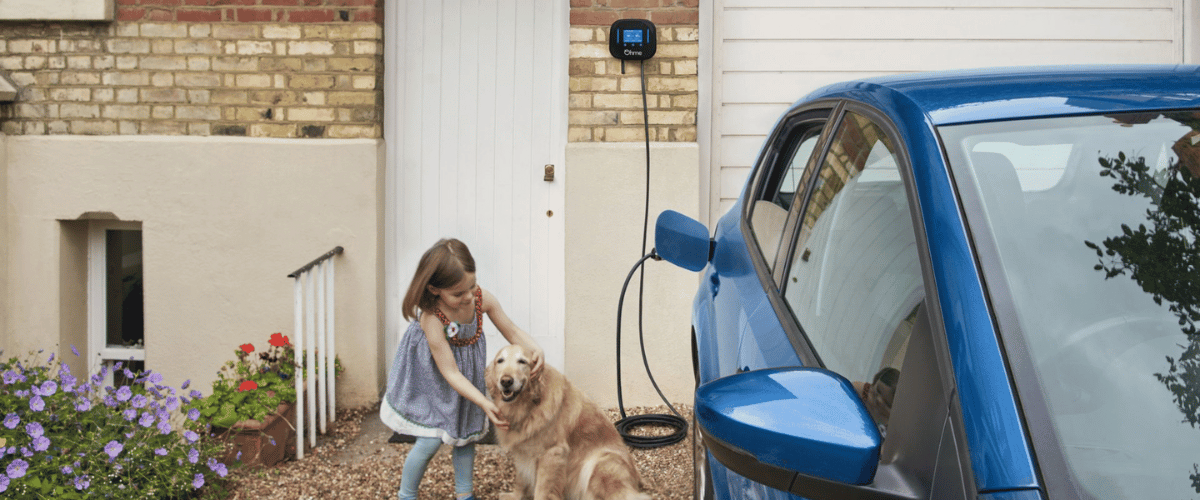
Can I have a 22kW electric car charger at home?
Yes, you can have a 22kW EV charger fitted at home, but you will need a three-phase electricity supply to do so. Typically, three-phase electricity supplies are found in commercial buildings, but you can contact your local DNO if you are interested in upgrading your fuse.
You can’t have a single-phase 22kW EV charger, ever – a three-phase electricity supply is essential if you want to have a 22kW EV charger, whether for your home or business.
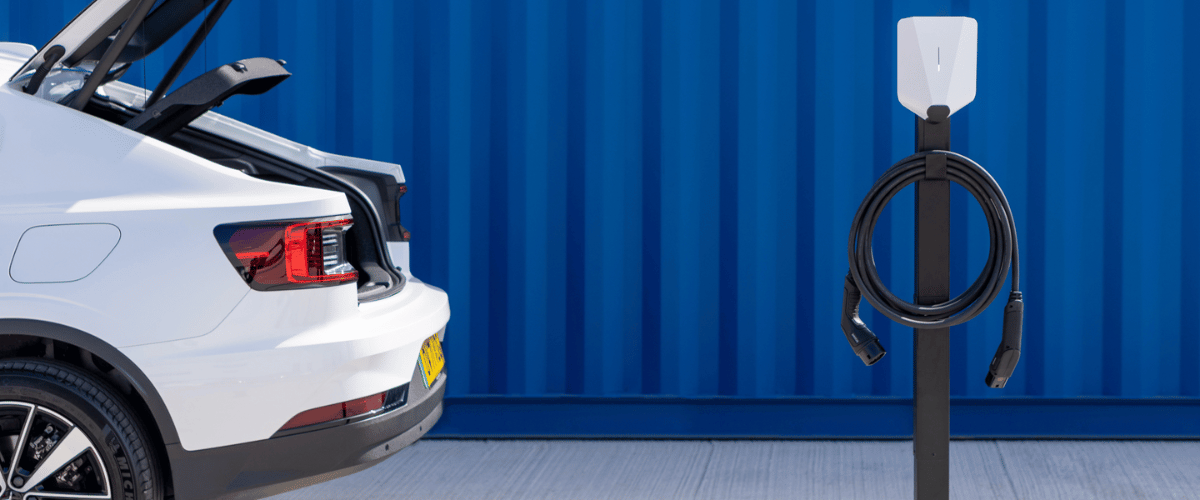
Can a 7kW electric car use a 22kW charger?
Technically yes, you can plug an EV with a 7kW onboard charger into a 22kW EV charger, and it will start charging – however, it will only charge at a rate of 7kW, not 22kW due to maximum onboard charging limits.
Can a Tesla charge at 22kW?
No, a Tesla can’t take full advantage of a 22kW AC EV charger as, typically, their maximum onboard charging rate is 11kW. In simple terms, this means even if you used a 22kW AC charger, your Tesla would only charge at a rate of 11kW.
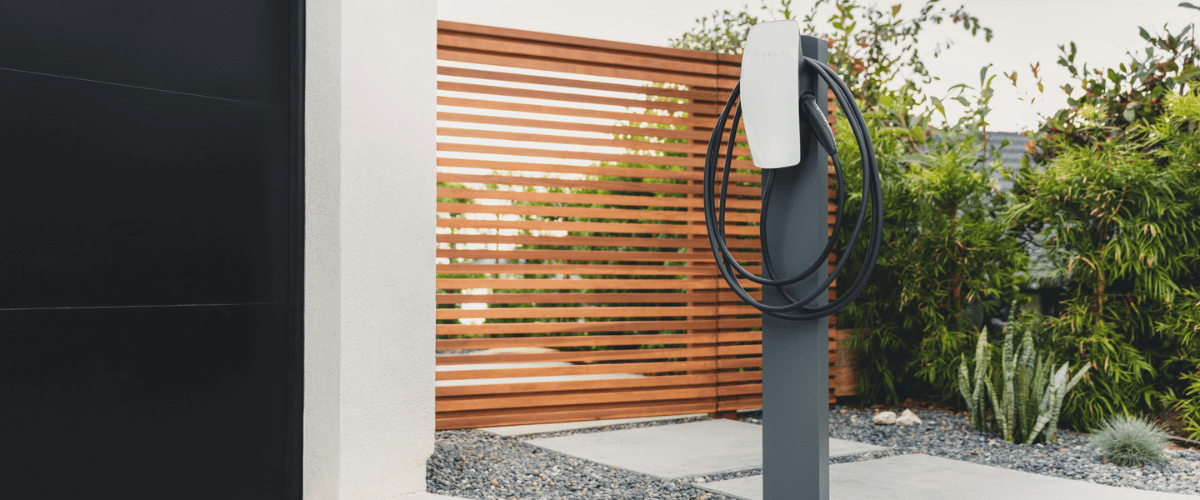
What is the best 22kW EV charger?
In our opinion, the best three-phase 22kW EV charger is the Easee Charge.
The Easee 22kw EV charger offers a multitude of advantages that make it a perfect choice for electric vehicle owners, whether you’re a homeowner interested in a 22kW home electric car charger or a workplace or commercial entity. With its cutting-edge features and user-friendly design, the Easee Charge 22kW charger promises a smart yet easy EV charging experience. The sleek, Scandinavian charging robot is also neat and discreet – as small as an A4 piece of paper – and comes in five colour choices, making it perfect aesthetic choice.
Other notable 3-phase 22kW EV chargers include:
- SyncEV 3 Phase 22kW EV charger
- Zappi 22kW EV charger
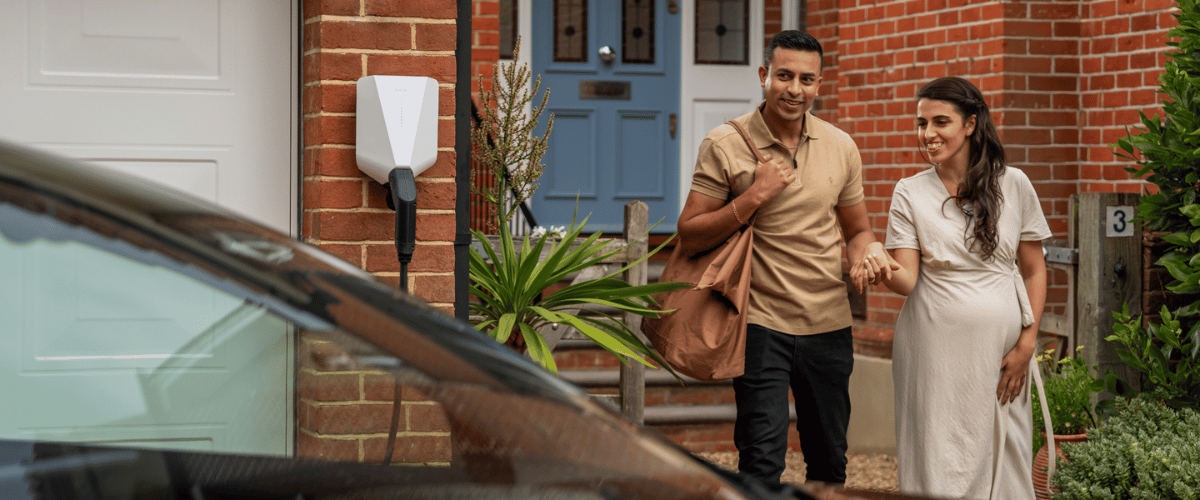
Interested in a 22kW EV charger installation?
At We Power Your Car, we can install 22kW electric vehicle chargers for your home, workplace or commercial property. With engineers across the UK, we can install your 22kW chargers wherever you are – with fast lead times.
If you are looking to get 22kW EV charger installed, contact us for more information or any queries you may have.
For more information and our latest updates, follow us on Facebook, Instagram, Twitter, LinkedIn and YouTube.
Related articles_
Stay up to date on the latest from We Power Your Car_
I consent to receive newsletters from We Power Your Car. Please see our Privacy Policy
